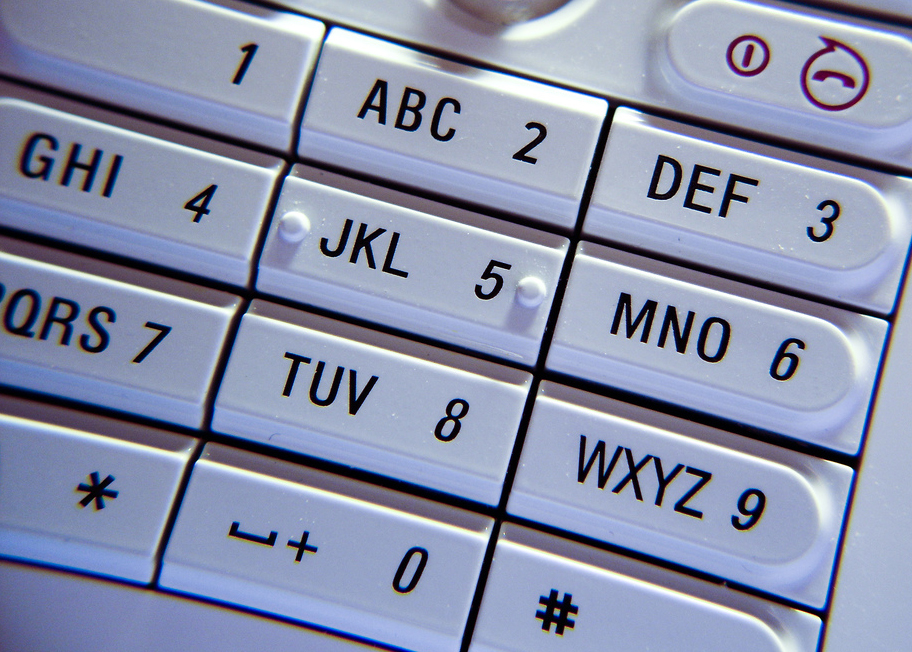While most people do this to make phone calls, Bhachi’s monthly trips have another purpose - to receive notification that a remittance has arrived from her husband, who has been working in South Africa for the last four years.
Her husband first sends the money - ranging from US$40 to $70 monthly - with bus drivers plying the Harare-Johannesburg route to his brother, who works as a hawker in Harare, the capital. His brother then transfers the money using Ecocash, a local mobile telephone platform for cash transfers.
Once notified, Bhachi travels about 40km to the Mutoko business centre to receive the money from an Ecocash dealer.
The telephonic cash transfer initiative, now in its second year, has come as a blessing for rural people like Bhachi, who, in the absence of banking facilities, were isolated from the cash economy.
John Robertson, an economist, told IRIN: “Telephonic cash transfers have made a great difference for thousands of people in communities where money was not circulating well after the government dollarized the economy”.
Cashless society
In 2009, Zimbabwe adopted a multi-currency financial system using the US dollar, Botswana pula and the South African rand, which ended the country’s hyperinflation overnight.
Econet Wireless, the mobile services provider running the Ecocash platform, said in a November 2012 statement that it “moves millions of dollars every day from urban areas to rural areas”, describing the initiative as “a lifeline, particularly for rural people”, the majority of whom live on less than a dollar a day.
For Bhachi, a mother of two, the cash transfer facility has seen an end to her days of bartering.
Bhachi used to barter for essential services, such as having her maize milled into flour to exchange for basic commodities and pay for her daughter’s school fees and uniforms.
“At one time, I was forced to surrender three goats to the clinic when my second child fell ill and there was no money to pay the medical bill. I also gave a wheelbarrow, plough and our radio set to a shop owner in exchange for maize meal, cooking oil and sugar,” she said.
Short-changed
Her neighbour, Silas Magorimbo, 50, who has four school-going children, told IRIN he exchanged most of his cattle and goats to pay school fees and to get food for his family.
“Our failure to access cash made us desperate, and we ended up using our livestock and other important items to get the basic things we wanted. Most of us were left with no animals to use to till the land, meaning that we could not produce as much as we could have done.
“Now, quite a number of us are able to receive money from the cities … through our cell phones, and barter trade has gone down significantly,” Magorimbo said. Now that he is able to access cash, he is rebuilding his herd and covers his basic needs from money sent by his son from Zimbabwe’s second city Bulawayo.
Piniel Denga, Mashonaland East chairman for the opposition party, the Movement for Democratic Change, says the cash transfers are improving livelihoods.
“Even though many families still have no means to access cash through the money transfer mechanism because there is no one to send the money, a notable part of the population no longer has to resort to barter trade,” Denga told IRIN.
He said barter trade tended to short-change villagers as the value of their goods was often higher than what they received in return. “People, for example, [would] exchange a beast worth $600 for something whose price is below $100”.
“Barter trade is mostly a desperate measure adopted to meet immediate needs of communities, such as food availability in the face of hunger, but it creates long-term vulnerabilities when it, for instance, removes the capacity of people to produce food adequately,” Innocent Makwiramiti, an economist and former chief executive officer of the Zimbabwe National Chamber of Commerce, told IRIN.
“It should be noted, however, that the improvement in money circulation, especially in rural areas, is not entirely because of the telephonic cash transfer method. It is also because, after dollarization, the economy slightly improved and more people can now send money to their families.”
fm/go/rz
This article was produced by IRIN News while it was part of the United Nations Office for the Coordination of Humanitarian Affairs. Please send queries on copyright or liability to the UN. For more information: https://shop.un.org/rights-permissions





